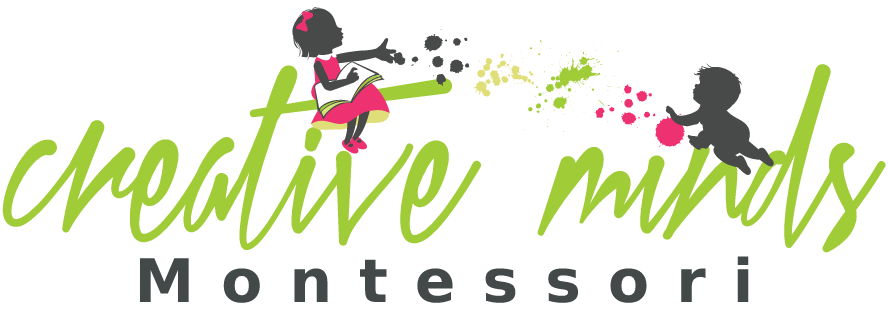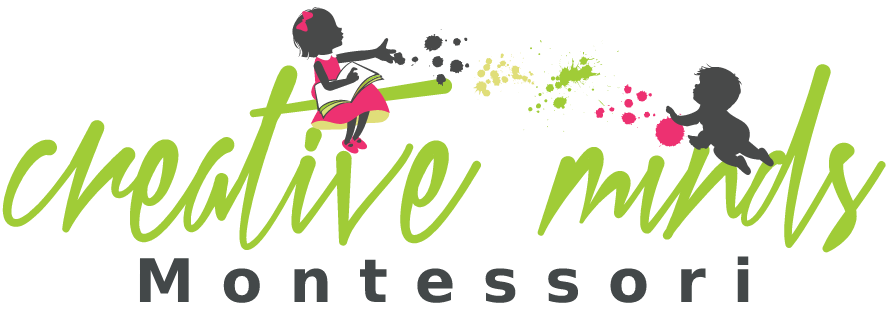Montessori Philosophy
Montessori approach offers a pedagogy that elevates and empowers the child in her pursuit of these skills. The goal is to make a child an independent learner, confident individual, develop leadership skills, and instill the love for learning. This all can be achieved during the sensitive period of a child between the ages, 2.5 yrs to 6!!
Education Following The Child’s Lead
Maria Montessori observed the child. It was the child’s development and learning that dictated her choice of materials. She tested her materials, keeping only those that held the child’s attention and provided concrete learning experiences and provided a prepared classroom environment.
Three Critical Components of the Montessori Educational Method
THE MONTESSORI ADVANTAGE
What do you really want for your child?
It is no coincidence that some of today’s most innovative and influential business leaders and creative minds attribute their success to their early roots in Montessori schools. It is where they were encouraged to become critical thinkers and explore their unique interests and passions. Montessori education has proven to be a potent predictor of future success.
As parents, we all want to see our children thrive academically, socially and emotionally. We want their childhood experience to nurture and celebrate their natural sense of joy, wonder and belief in their own limitless potential. Children are born with a natural desire to learn. The Montessori Method embraces that innate curiosity by creating a stimulating and nurturing academic environment that encourages young learners to confidently and independently pursue their inquisitiveness.
Given the freedom and support to question, to probe deeply, and to make connections, Montessori students become confident, enthusiastic and self-directed learners. They can think critically, work collaboratively, and act boldly – a skill set necessary for success in the 21st century.
Montessori education offers children the opportunity to develop their potential as they step out into the world as engaged, competent, responsible, and respectful citizens with an understanding and appreciation that learning is for life.
-
-
- Each child is valued as a unique individual. Montessori education recognizes that children learn in different ways and accommodates all learning styles. Students are also free to learn at their own pace, each advancing through the curriculum as he or she is ready, guided by the teacher and an individualized learning plan.
- Beginning at an early age, Montessori students develop order, coordination, concentration and independence. Classroom design, materials, and daily routines support the individual’s emerging “self-regulation” (the ability to educate oneself and to think about what one is learning), from toddlers through to adolescents.
- Students are part of a close, caring community. The multi-age classroom – typically spanning 3 years – recreates a family structure. Older students enjoy stature as mentors and role models; younger children feel supported and gain confidence about the challenges ahead. Teachers model respect, loving kindness, and a belief in peaceful conflict resolution.
- Montessori students enjoy freedom within limits. Working within parameters set by their teachers, students are active participants in deciding what their focus of learning will be. Montessorians understand that internal satisfaction drives the child’s curiosity and interest and results in joyous learning that is sustainable over a lifetime.
- Students are supported in becoming active seekers of knowledge. Teachers provide environments where students have the freedom and the tools to pursue answers to their own questions.
- Self-correction and self-assessment are an integral part of the Montessori classroom approach. As they mature, students learn to look critically at their work and become adept at recognizing, correcting, and learning from their errors.
-

